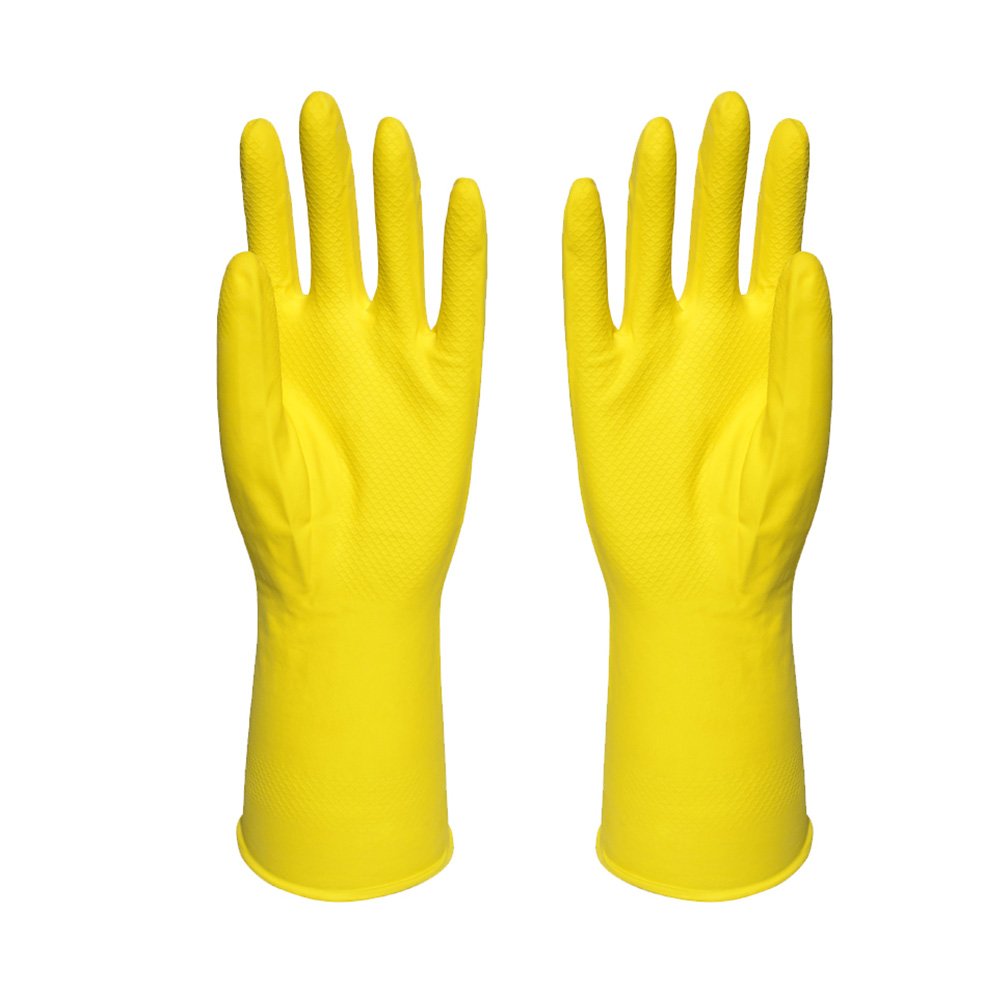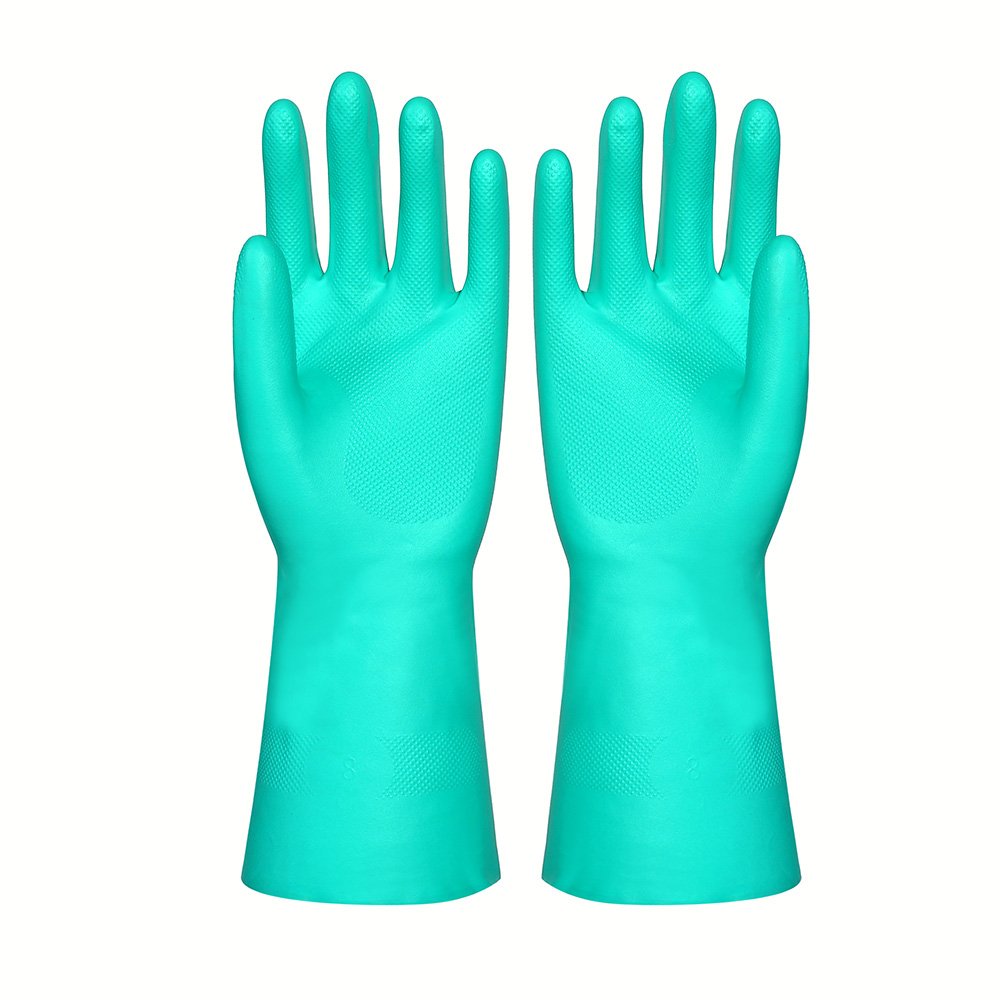Laboratory gloves are a type of protective gloves designed specifically for laboratory work. They are primarily used to ensure laboratory safety and improve work efficiency, serving as basic equipment to protect hands from chemical, biological, and other specialized hazards. Though they might seem like simple work accessories, gloves play a crucial role as the first line of defense against potential dangers.
But what exactly are laboratory gloves? This article will answer all your questions about laboratory gloves.
What are Laboratory Gloves?
Laboratory gloves are personal protective equipment (PPE) designed for scientists, researchers, and other laboratory technicians to ensure safety while working in a lab. They act as a barrier between the laboratory worker and harmful substances.
Types of Laboratory Gloves
Laboratory gloves come in various types based on the material, but the main types used in laboratories are:
Latex Gloves
Latex gloves are made from natural rubber extracted from the sap of the Brazilian rubber tree. They offer excellent tactile sensitivity and elasticity, making them suitable for handling delicate tasks and biological or water-based materials. However, they may not provide the best chemical resistance, especially against oils, organic solvents, strong acids, and bases. Additionally, latex gloves contain latex proteins that can cause allergic reactions. If you are allergic to latex, it is recommended to use alternatives to latex gloves.

Nitrile Gloves
Nitrile gloves are made from synthetic rubber known as nitrile, which is a copolymer of acrylonitrile and butadiene. They are known for their strong puncture resistance and chemical resistance, making them perfect for handling solvents, oils, and acids. Nitrile gloves do not contain latex, avoiding allergy issues, and they are more tear and puncture-resistant than latex gloves, making them popular in various settings.
Vinyl Gloves
Vinyl gloves are made from polyvinyl chloride (PVC) and are suitable for tasks that require frequent glove changes, such as food handling or low-risk laboratory procedures that do not involve strong corrosive chemicals. Although less durable and more prone to tearing compared to nitrile and latex gloves, they are more affordable.

Uses of Laboratory Gloves
Laboratory gloves provide essential hand protection in various lab environments, shielding hands and skin from harmful substances. Choosing the right gloves based on the lab work and associated risks is crucial. Here are the main uses of laboratory gloves:
Biological Work
Gloves are widely used when handling biological samples, such as blood, body fluids, cell cultures, or infectious pathogens, to prevent infections from bacteria, viruses, and fungi. Latex or nitrile gloves are especially suitable for this purpose.
Chemical Work
Nitrile gloves offer good resistance to various chemicals, protecting against strong acids, bases, and organic solvents like ethanol, acetone, and toluene. They can also be used when handling toxic chemicals like benzene and mercury, preventing exposure and ensuring sample purity.
Radiological Work
Nitrile gloves protect hands from contamination and radiation damage when working with radioactive substances. Some gloves are specifically designed to guard against beta and gamma radiation.
Cleanroom Environments
In cleanroom settings, such as pharmaceutical or biotech labs, special sterile gloves like powder-free nitrile and latex gloves are used to prevent particulate and microbial contamination.
Significance of Laboratory Gloves
Laboratory gloves are essential for ensuring the safety of lab personnel, preventing sample contamination, protecting materials and equipment, and ensuring experimental accuracy and safety.
Hazard Prevention
Gloves provide a vital barrier, preventing burns, cuts, abrasions, and exposure to harmful microorganisms.
Cross-contamination Prevention
Wearing gloves minimizes the transfer of substances or microorganisms on hands, preventing cross-infection.
Personal Safety
Gloves ensure harmful substances do not come into direct contact with the skin, preventing accidental ingestion or contact with the eyes.
Compliance with Regulations
Gloves are not just basic protective equipment; they are a critical part of the lab environment. Various international standards regulate the use of laboratory gloves to ensure worker safety.
By understanding the different types, uses, and materials of laboratory gloves, you can make an informed decision to ensure the best protection against hazards. As the first line of defense, the importance of gloves cannot be underestimated.
Purchase top-quality laboratory gloves from Aibon to ensure your laboratory’s safety. Aibon is a leading supplier of laboratory gloves. Browse our wide selection of durable, comfortable, and professionally certified gloves.
Visit our website to order the perfect gloves for your needs!
How to Measure Glove Sizes – Source: AIBON
Latex gloves– Source: AIBON
Safety gloves– Source: AIBON
Working gloves– Source: AIBON


